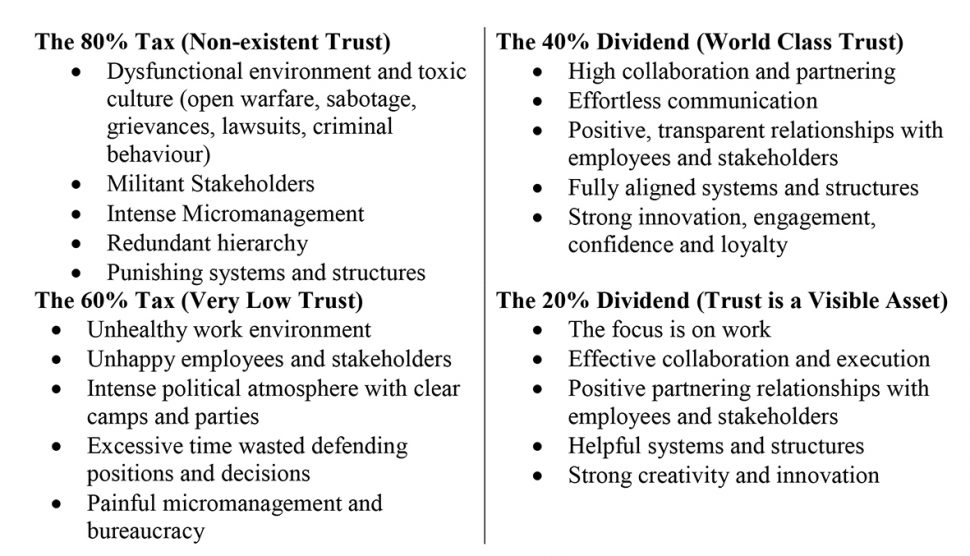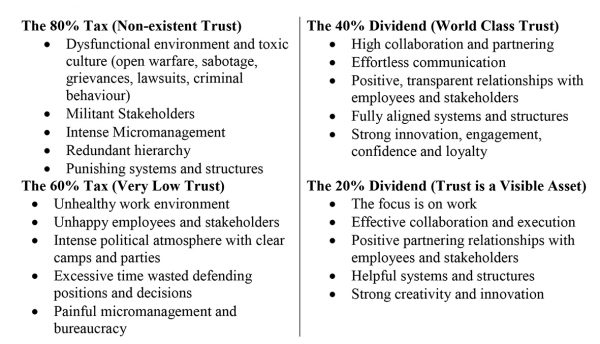Dear Editor,
When one read the editorial in SN of September 7, 2018 on ‘Police and Public Trust’, one felt compelled to reflect on the issue of Trust in the whole of our public management structure. Not that there are not also similar concerns about the counterpart private sector, except that its defaults are much less readily exposed to examination.
But in the same breath, it is difficult to make substantive distinction in the trust factor between the individual player and institutional performance, since it is that personal leadership on the one hand and the management team on the other hand, which sets the examples to be emulated.
There is that cascading effect on, not only the followers, but also the witnesses to performance. So that in the final analysis those in organisations, communities, and even wider society become immersed in patterns of behaviour they take for granted.
It is an inclination which starts from school days – the uniform, mimicking or even competing with peers, even though at times, conflicting with the mores of parentage.
While the generation/s of millennials have access to information (and misinformation) that could offer choices, there is evident a certain compulsion of the herd instinct. Indeed, at any stage of school or work could be discerned this current display of uniformity, however colourful are the materials so presented.
Too often also the service so boastfully announced is dictated by an unremitting technological process that leaves little scope for discretion in decision-making. The element of trust between the euphemistic service provider and the (suspect) customer is barely recognisable.
Meanwhile in the media, for example in the ‘Trumpocracy’ (a new book) of the U.S.A, report daily (and nightly) on what some describe as the chaotic, if not cataclysmic, displays of the lack of Trust surrounding various levels of the governing hierarchy.
In the very SN of September 7, 2018 there was news of Lula, a jailed former Brazilian President, still being touted as frontrunner in upcoming elections. Variations of this theme are observed in Nicaragua and Venezuela.
So one is left to wonder whether it is a contagion being witnessed and experienced, and what is its impact, however subliminal on our own situation. Is it therefore only our Police Force who is susceptible to the unconscious psychological bombardment; when at the same time some of their officers and ranks are absorbing the almost daily expressions of disappointment in apparent ineptitude of those who lead, in the level of rectitude so being persistently discounted by commentators?
By now one would ask what does any of the above has to do with Trust? The answer is a referral once again to Stephen Covey’s book titled “The Speed of Trust”. Old as this publication might be its message remains worthy of reflection, and applicable to today’s leadership, and indeed followership.
The very first Chapter of the book opens as follows:
“There is one thing that is common to every individual, relationship, team, family, organisation, nation, economy and civilisations throughout the world – one thing which, if removed, will destroy the most powerful government, the most successful business, the most thriving economy, the most influential leadership, the greatest friendship, the strongest character, the deepest love.
On the other hand, if developed and leveraged, that one thing has the potential to create unparalled success and prosperity in every dimension of life. Yet it is the least understood, most neglected, and most underestimated possibility of our time.
That one thing is TRUST.”
While the author has provided a summary of what he defines as ‘Taxes and Dividends’ related to the Trust factor both at the a) organisational and b) personal levels, space allows accommodation only for a sample of the contrasting outcomes so far as the organisation is concerned. See Table below (pages 22-24).
But for those of us who may consider that elements of the above Table may be dated, especially in relation to the impact of continually intrusive technology on organisation, they would do well to remember the congressional investigation into Facebook all of which emphasised the issue of Trust.
Yours faithfully
E.B. John


